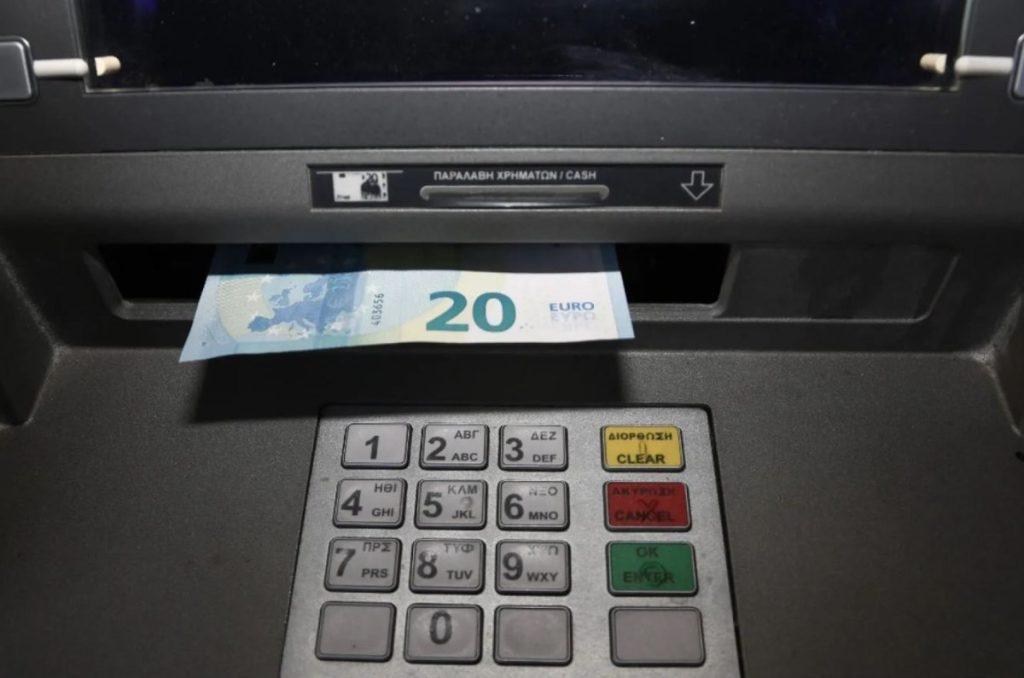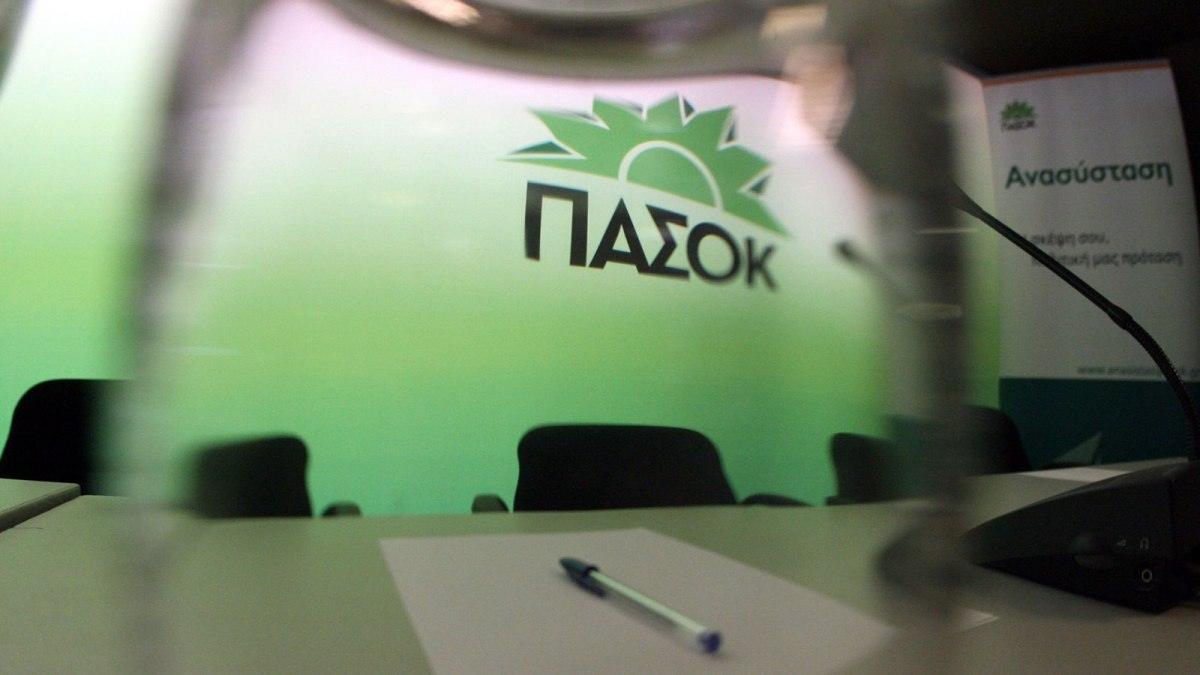Airfares across the Atlantic have fallen back to pre-pandemic levels as a sharp drop in European travel to the United States continues into the peak summer season. Analysts and aviation industry data point to declining demand from Western Europe, influenced by political tensions, stronger U.S. currency, and increased border scrutiny under President Donald Trump’s administration.
Airfare Decline Signals Waning European Demand
According to Reuters, average round-trip ticket prices from the U.S. to Europe have dropped 10% compared to last summer, now averaging $817—matching rates from 2019, according to travel app Hopper. Data from Cirium shows that in the first quarter of 2025, round-trip economy fares across more than 50 transatlantic routes were down an average of 7% year-over-year. Notably, fares between Atlanta and London plunged by 55%.
The price drop reflects a broader trend: fewer Europeans are flying to the U.S., and the trend is hitting airlines during what is typically their busiest and most profitable period.
European Arrivals to the U.S. in Decline
Preliminary figures from the U.S. National Travel and Tourism Office (NTTO) show overseas arrivals to the U.S. fell 2.8% in May compared to the same month in 2024. Western European travel was down 4.4%, with steep declines from Germany (-19%), Denmark (-20%), and France (-9%).
Industry analysts say this pullback stems from both political and economic factors. Trump’s tightened border policies, controversial rhetoric, and actions such as suggesting the annexation of Greenland and escalating global trade tensions have fueled unease among potential travelers. A strong U.S. dollar has also made trips less affordable for Europeans.
Germany’s recent update to its U.S. travel advisory emphasized that holding a visa does not guarantee entry—further compounding hesitation among potential visitors.
Airlines Face Financial Pressure
The transatlantic slump is affecting European carriers most acutely. Air France KLM and Lufthansa are grappling with falling demand just as they face higher operational costs from rising oil prices, labor disputes, and longer flight routes around Middle East conflict zones.
Lufthansa CEO Carsten Spohr has acknowledged weakening demand going into the third quarter, while Air France KLM CEO Ben Smith said the airline is seeing a “slight pullback” in transatlantic bookings. Both airlines have indicated they will reduce fares further to maintain seat occupancy.
Aran Ryan of Tourism Economics noted that 2025 is shaping up to be a more challenging year for profitability on transatlantic routes, as slower growth in outbound U.S. travel fails to fully compensate for the European drop-off.
U.S. Travelers Help Offset the Decline
Major U.S. airlines, including United Airlines and Delta Air Lines, have so far managed to cushion the impact through strong outbound demand from American travelers. United said European-origin bookings were down 6% in Q1 but were offset by U.S.-based travelers. Delta noted that 80% of its long-haul international demand now comes from U.S. customers, with fares in the transatlantic market “significantly higher” than other regions.
As a result, carriers like Lufthansa are shifting marketing focus toward the American market, where travelers continue to show interest in European destinations.
Bookings Point to Continued Weakness
Data from OAG Aviation indicates that forward bookings for U.S. arrivals in July are down 13% compared to the same month last year, pointing to a sustained decline beyond spring. While European travel to the U.S. showed a brief 12.1% uptick in April, it fell again in May.
Despite this, outbound U.S. international travel remains strong. Hopper reports a 4.3% increase in international flights departing U.S. airports this summer.
American Airlines CFO Devon May expressed confidence in the outlook: “We feel really good about the transatlantic market,” he said at a recent investor conference, noting that U.S. consumer demand remains resilient even as European traffic wanes.
Source: tovima.com



































